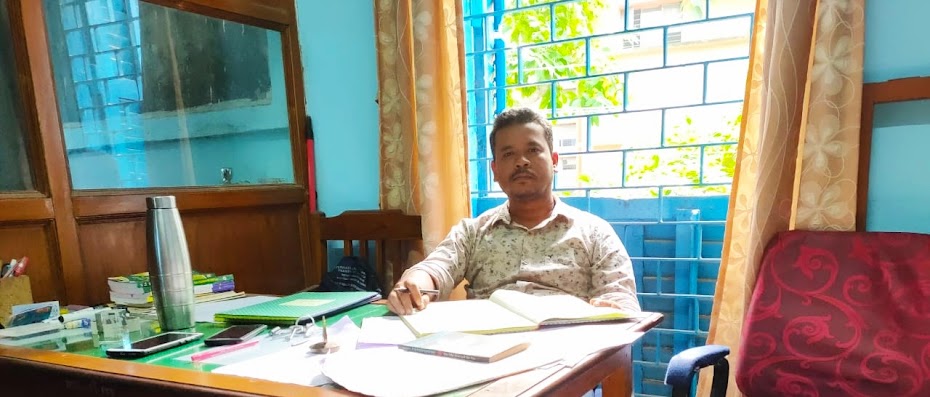CSDS invites application for Research Scholars' workshop on 'Mainstream and the Margins: Theory, Practice and Methods' to be held at CSDS between 15-25 March 2017. It is a capacity-building workshop supported by the ICSSR. The workshop is designed to hone research skills, impart theoretical knowledge and build methodological capacity. This year's workshop will address the broad theme of 'Mainstream and Margins' in Indian society. Participants will engage a range of readings, seminar-style discussions, and special lectures, addressing: (i) inequality and inclusion, (ii) dissent and democracy (iii) vernacular modernities (iv)emergent histories (v) technologies and media forms and (vi) spaces and habitats.
Instructors and guest speakers will include primarily CSDS faculty.
Registered research students in the beginning to intermediate stages of their doctoral project, and advanced MPhil students may apply. At the end, participants will have the opportunity to review their research proposals in light of what they have learnt during the workshop.
Preference will be given to SC/ST candidates but applicants from other categories may apply. All applicants should mention their caste category in the CV.
The workshop will admit thirty (30) participants, including a maximum of fifteen (15) outstation candidates. Outstation SC/ST candidates will be provided 3rd AC return train fare and a stipend of Rs. 15,000/- for the duration of the workshop. Course materials will be made available to all selected candidates.
Those seeking admission should write to the Administrative Officer Ms Jayasree Jayanthan (jaya(at)csds.in) with an application letter, a current CV of no more than 3 pages, the names of 2 referees, and a synopsis (600-900 words) highlighting research questions and methodological framework.
The last date for receiving applications is 31 January 2017.
Mobile: +91 94 94 24 26 45



